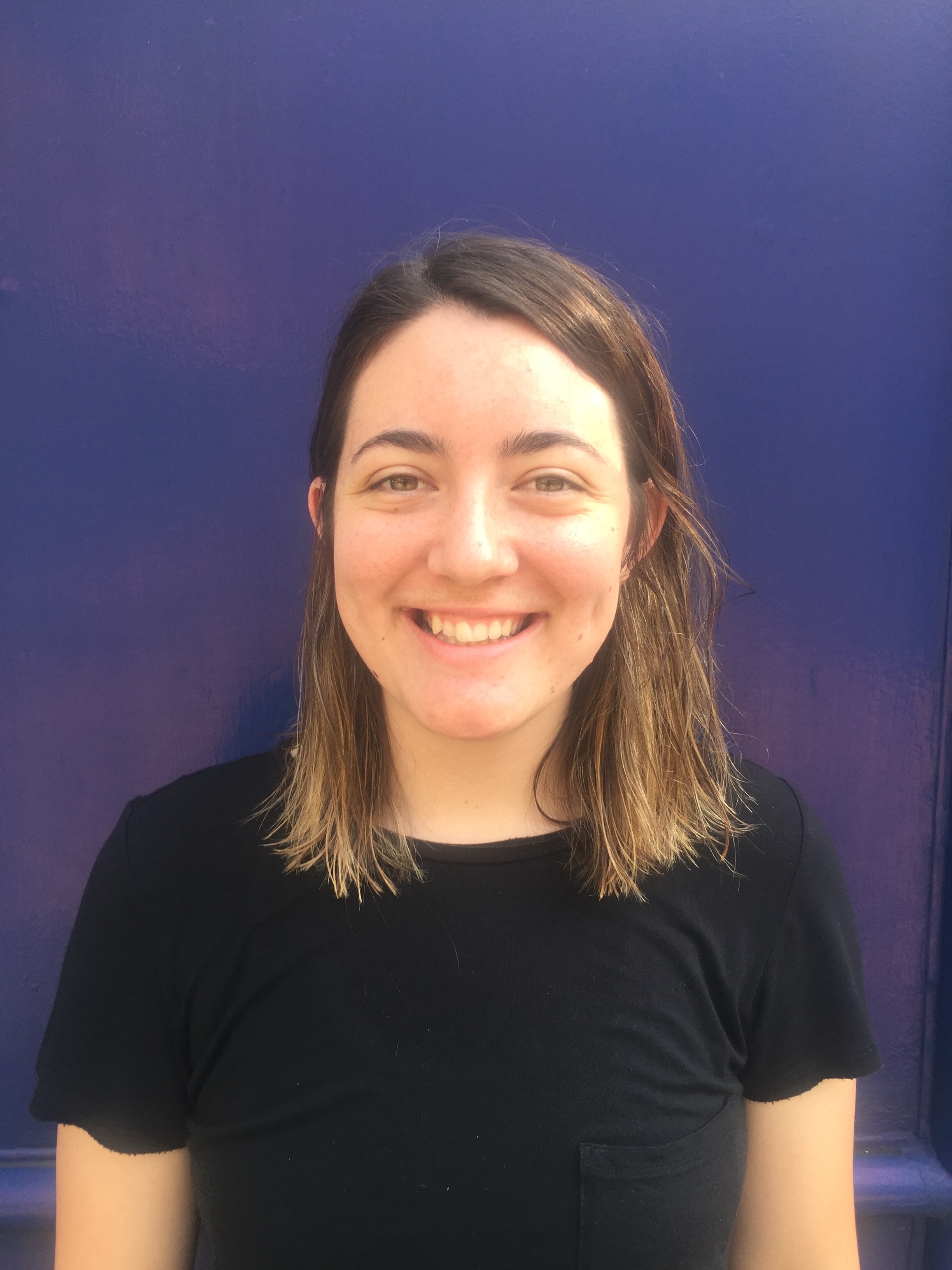The moment our team of 11 landed in the Philippines, the reality that this summer was going to stretch us outside our comfort zones into cross-cultural experiences was evident. Throughout the week, as we explored the streets through jeepney, tricycle, train, and more, we took in the sounds, smells, and traffic with new eyes.
Friday, while finding our way home, our last stop was to grab a tricycle and take it to Magiting Street. As I approached the tricycle with the three phrases in Tagalog that I knew at the time, I told the tricycle driver where we wanted to go; he didn’t understand. As I moved down the line, each shook their heads at me because they could not understand where we wanted to go. I began to grow frustrated and felt as if our team of three wouldn’t be able to get back. We didn’t know how we were pronouncing it wrong. After the sixth or seventh try, I looked back at my group with frustration and defeat as the language barrier was stopping us from getting home. That was when Kuya Mark saw us, came over, and in two seconds told the tricycle driver where we were headed, then motioned us to hop on.
I couldn’t help but laugh because I felt I had been saying the exact thing. What stopped us was the cultural and language barrier. I learned quickly the ways I would be challenged to step across language and cultural barriers; to not get frustrated or shut down. (Now I know exactly how to pronounce Magiting Street). Pushing through brings new lenses and growth.
We are learning to replace our pre-conceived lenses of what is beauty, convenient, or a “better” way with Jesus’ eyes for the city. What does it look like to see the Kingdom through the eyes of Jesus? This summer, we will enter in with the purpose of considering if two years of serving among and alongside the urban poor is our call; to learn from the Filipino church for the sake of the North American church, and to fall deeper in love with Jesus. As we’ve chosen to follow Jesus here this summer, we have been given the opportunity to “be” rather than “do”. For the sake of seeing a fuller mage of the Kingdom, we set ourselves in a posture of being over doing. We do this by engaging with people that we will encounter.
In Luke 10, an expert in the law asked Jesus: “Who is my neighbor?” In Tagalog, neighbor translates to “kapwa”. The concept of kapwa helps us to expand our idea of “neighbor”. Neighbor becomes your “sakop”; your sphere of responsibility and accountability to your fellow human being. Our neighbor was created in the image of God, and God has given us the responsibility to care and learn from each other. This is why I love the word “kapwa”; it encapsulates a fuller image of who your neighbor is. When we break down our false images of who our “neighbor” or “kapwa” is, we are able to restore the image of God into people while receiving the fuller image of His Kingdom.
Despite Spanish, American, and Japanese control, Filipino people have remained hopeful. As we were learning Filipino history, Dr. Maggay expressed the need to take injustice personally. Everyday, Jesus sees and feels the weight of the poor and the injustices they face. His heart weeps and carries that injustice personally. This particularly hit hard for me as I have felt the ways I have become numb to the systemic and individual injustices I hear everyday. Though the challenge for me was, I am to be a person who just sees and doesn’t feel the injustices I will see this summer? Or will I respond the way Jesus would, with compassion? As followers of Christ in the midst of deep brokenness, I remind myself of the hope found in Jesus. Dr. Maggay prayed a blessing over us at the end of our training: that the empathy we feel this summer for the Filipino people will grow into solidarity. Kuya Tim challenged me in this by asking: “If the people you will come to love this summer are poor because of a system we benefit from as “Global North” Christians, what is Jesus inviting you into? This question I will wrestle with this summer.
Tomorrow, we head to our sites equipped with Tagalog, Pilipino culture, and new eyes to see the poor. I have been humbled by the hospitality that my team of 5 going to Manila Underground has already experienced by hearing our hosts are building us a bed! The Filipino people are soft spoken, resilient, hospitable, and pun-loving people (working on my pun game) that I am excited to learn and listen from this summer.
Pray for our teams that we enter our communities in a posture of being and listening in order to see the Kingdom. Pray that we may be able to be fully present this summer as we have all entered in with costs and leaving life back home. I have been seeing the ways the fruitfulness of this summer is already far greater than the cost.

Author: Emaly